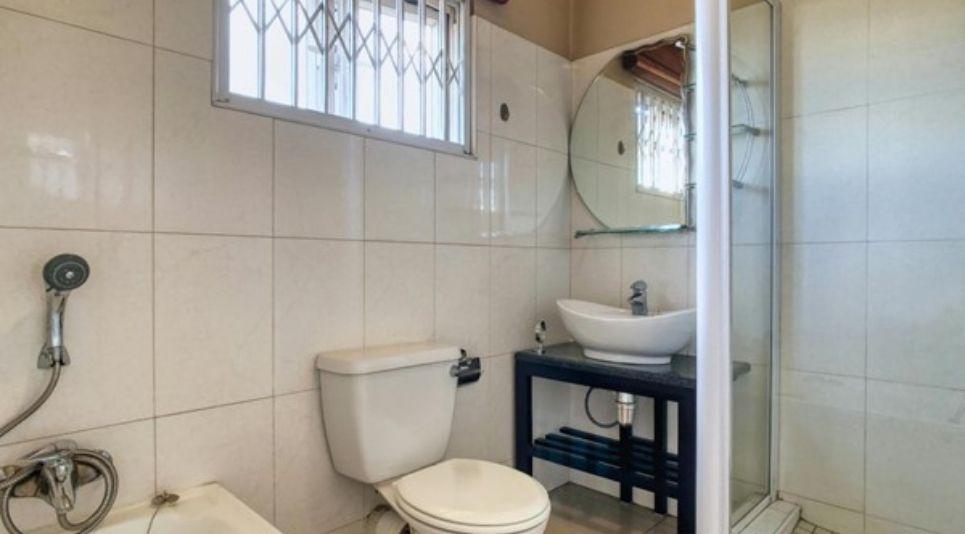Preventive Septic Maintenance: An Industry Best Practice
Septic systems are an important part of sanitation for millions of households. Yet, discussions around their maintenance often receive little attention. It’s time to highlight the importance of preventive septic maintenance. This practice, when embraced wholeheartedly, can save homeowners considerable amounts of money and headaches. Preventive maintenance isn’t merely a checklist; it’s an industry best practice that deserves your attention.
The Financial Argument
The most compelling argument for preventive septic maintenance comes down to dollars and cents. Waiting for a septic system to fail can result in repair costs ranging from a couple of thousand to tens of thousands of dollars. Preventive practices such as regular inspections and pumping are far cheaper. Regular maintenance costs pale compared to the financial burden of replacing an entire system prematurely.
Think of your septic system as a vehicle engine; it demands care and attention to run smoothly over time. Skipping regular service might seem economical in the short run but can lead to unexpected and larger costs when issues finally surface. For those weighing short-term savings versus long-term financial health, preventive maintenance emerges as the economically wise choice.
Moreover, engaging in preventive maintenance can actually increase property value. Homes with well-maintained septic systems signal stability and reliability, fostering an attractive proposition for potential buyers. A small investment in regular upkeep can yield substantial returns if the property is ever put up for sale.
Additionally, the peace of mind stemming from knowing that your septic system is properly maintained cannot be overstated. Avoiding unexpected repairs not only ensures financial stability but also averts disruption to daily life. Regular maintenance can help homeowners plan budgets effectively, reducing the likelihood of sudden expenses that could upend financial plans.
An often overlooked aspect of septic maintenance is the potential cost savings on municipal taxes and fees. Properly functioning septic systems alleviate the burden on public wastewater infrastructure, contributing to lower costs for local municipalities. This trickle-down effect can result in indirect financial benefits for homeowners over time.
A Void in Understanding
Septic system failures often arise from public misunderstandings about their functioning. Many view these systems as “out of sight, out of mind” until trouble surfaces. Preventive maintenance addresses this informational void by educating homeowners on how usage impacts system health. Websites like https://aaaronsuperrooter.com offer insights as well as options for professional help, helping to simplify the process and empower homeowners.
Education is a powerful tool. By understanding how everyday actions affect the septic system, homeowners can make informed decisions. This can include selecting septic-friendly products and adjusting water usage. Providing access to easy-to-understand resources on system care promotes proactive management and keeps avoidable issues at bay.
Encouraging broader community discussions about septic systems can foster a shared sense of responsibility among neighbors. As knowledge and practices spread, neighborhood-wide observance of these maintenance routines can lead to an overall healthier environment. Engaging community leaders or hosting neighborhood workshops can amplify these efforts, enriching homeowners’ understanding and involvement in the collective well-being.
Environmental Implications
The environmental case for preventive septic maintenance is unassailable. Improperly functioning septic systems are significant contributors to water pollution. By maintaining a clean and functional system, homeowners contribute to environmental protection, reducing the risk of dangerous pathogens entering local water supplies.
Environmental stewardship begins at home. By taking the initiative to care for septic systems, homeowners play an active role in preserving local ecosystems. The resulting benefits stretch beyond individual properties, nurturing cleaner waterways and supporting diverse aquatic life.
Recognizing the broader environmental impacts, many local governments and environmental organizations are developing incentive programs to encourage conscientious septic maintenance. Homeowners who stick to recommended inspection and pumping schedules could qualify for rebates or other rewards, offering additional motivation for embracing these practices. These initiatives reflect a growing awareness of shared environmental responsibility, prompting action at both individual and community levels.
A Simple Checklist
Initiating preventive septic maintenance doesn’t require reinventing the wheel. It can revolve around a simple checklist:
- Regular Inspections: Conduct inspections every 1-3 years depending on usage levels. This helps identify potential issues before they become significant problems.
- Tank Pumping: Establish a routine interval, generally every 3-5 years, to have the septic tank pumped. Professional advice specific to individual usage levels can offer more finely tuned recommendations.
- Component Monitoring: Inspect components such as pumps, alarms, and mechanical devices. Malfunctioning parts should be replaced to prevent system-wide failures.
- Water Conservation: Encourage practices like shorter showers and mindful water usage. Excessive water can strain the system, leading to quicker blockages.
- Proper Waste Disposal: Avoid flushing substances that could clog or damage the system, such as oils, chemicals, or dental floss.
Conclusion
The repercussions of neglecting septic maintenance encompass financial woes and environmental harm. Preventive maintenance isn’t a task to postpone; it’s a responsibility for environmentally conscious homeowners. By punctuating our regular household duties with purposeful septic system checkups, we steer clear of costly repairs and extend our stewardship to protecting our collective water resources. Preventive septic maintenance isn’t just industry best practice; for homeowners, it’s the prudent choice.




